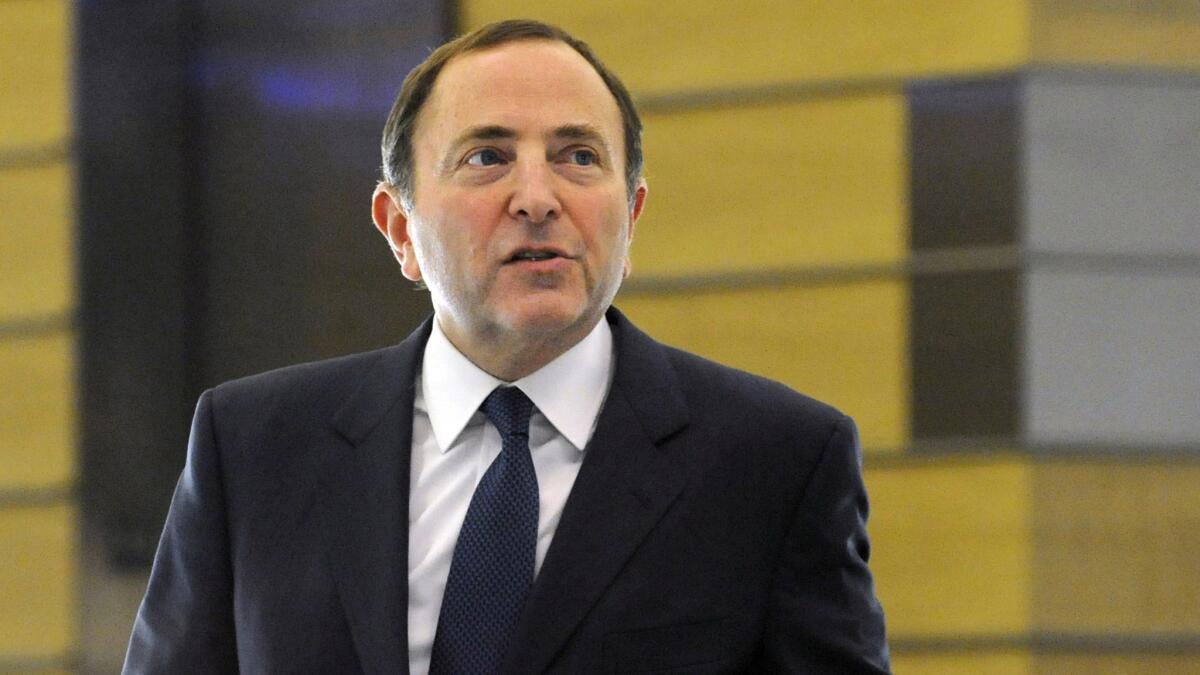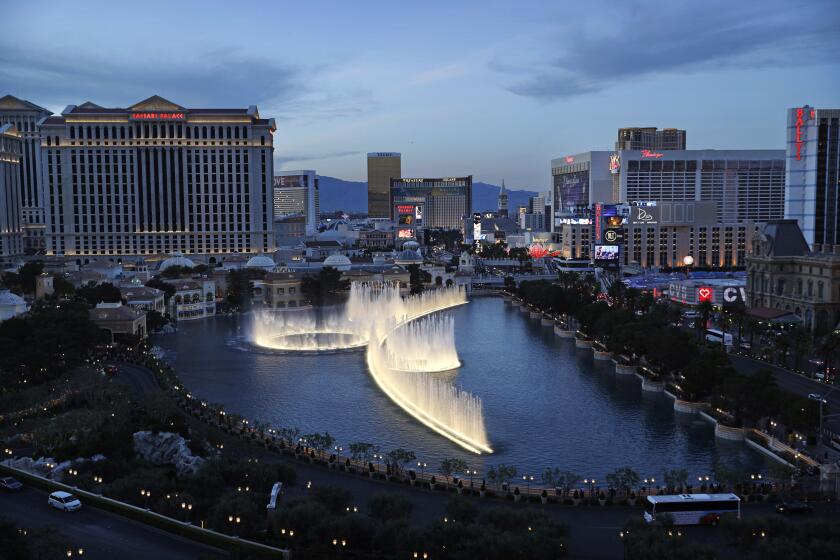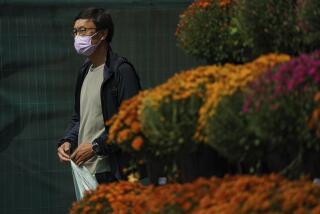NHL tells players they can go home and should self-isolate until end of March

The NHL on Monday told players they should continue to self-quarantine at least through March 27 and that they can leave their club’s city to return home even if those destinations are outside North America, moves that acknowledged the “pause” imposed last week by commissioner Gary Bettman in response to the coronavirus pandemic will be longer than league executives initially projected.
However, European players who play for the seven NHL teams based in Canada and choose to return to their homelands to await a resumption of the season are likely to face new obstacles to return to Canada. Prime Minister Justin Trudeau on Monday closed his country’s borders to all but Canadians, permanent residents, and American citizens and diplomats, while also limiting international flight arrivals to Toronto, Montreal, Vancouver, and Calgary.
In addition, Trudeau said, anyone entering Canada will be asked to self-isolate for 14 days. Airlines will be required to test travelers and prevent the boarding of those who show symptoms of the virus. Trudeau, who went into self-quarantine last week after wife Sophie tested positive for the virus, made his announcement at a news conference outside his home in Ottawa.
The impact of that policy on NHL players was unclear as league officials, players, and agents scrambled to keep up with and adapt to a situation that has changed rapidly and repeatedly. But if worldwide conditions warrant maintaining such severe travel restrictions around the time of the NHL’s target date of March 27, it’s unlikely the season would resume in any case.
The NFL will stay the course on the April 23-25 draft amid the coronavirus outbreak, but public festivities surrounding the event have been canceled.
Teams’ rosters were frozen as of 2 p.m. Pacific time Monday; the American Hockey League announced that it “has advised its clubs that the indefinite suspension of AHL play will not be lifted before May.”
In a statement issued on Monday, a day after the Centers for Disease Control had recommended the cancellation or postponement of all in-person events over the the next eight weeks in the United States that consist of 50 people or more, the NHL noted the “potential” to open training camps “roughly 45 days in to the 60-day period covered by the CDC’s directive.”
That would put the opening of camps in the last week of April and a resumption of play in mid-May. The league didn’t specify how long camps would last or if the regular-season schedule would be resumed or curtailed before beginning the Stanley Cup playoffs. Play likely would continue into July.
Last week, during an interview on the NHL Network, Bettman said, “I believe that in a credible, sensible way we’ll be able to, at some point, complete the season and get through the playoffs and award the Stanley Cup.”
The NHL put its season on hold Thursday. The league and the players union sent a memo to players the next day, telling them to self-quarantine for about six days. After that, the league had hoped players and teams would be able to gradually increase activities from individual or small workouts to team activities if no player or staff member tested positive for the coronavirus. The CDC’s recommendation overrode that tentative plan.
The NHL’s statement on Monday said:
• Effective immediately, players can opt to return home (outside of the Club’s home city, including outside of North America to the extent flights are available).
• The self-quarantine period should continue within the player’s home through and including Friday, March 27, unless a longer period may be required in accordance with local mandates related to travel. Players should continue to report immediately any symptoms or testing results to Club medical staff.
• At the end of the self-quarantine period, and depending on world developments between now and then, consideration will be given to allowing the opening of club facilities to players in scheduled and coordinated small groups for voluntary training and care of the Players on the same basis as in the off-season.
• Our objective will be that, in addition to continuing regular updates, we will be able to provide high-level guidance on the potential opening [of] a training camp period roughly 45 days into the 60-day period covered by the CDC’S directive.
There have been only two occasions since the 1914-15 season that the Stanley Cup was not awarded. The first was in 1919, because of an epidemic of the Spanish flu, and the other was in 2004-05, when a league-imposed lockout wiped out the season.
More to Read
Go beyond the scoreboard
Get the latest on L.A.'s teams in the daily Sports Report newsletter.
You may occasionally receive promotional content from the Los Angeles Times.








